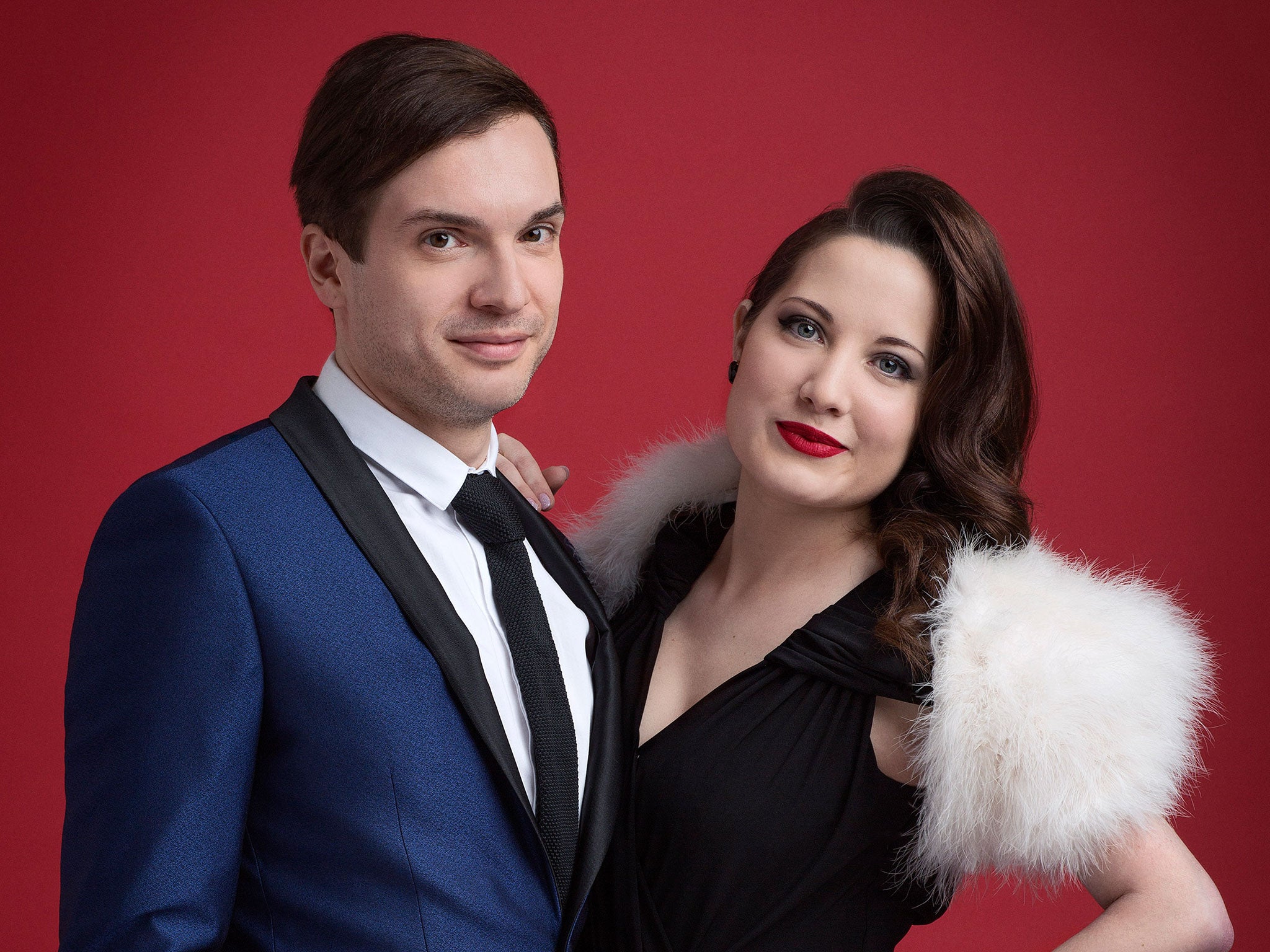The Eurovision flops that became top of the pops
Take note Electro Velvet

The Eurovision countdown has officially begun and, let’s face it, there’s not a hope in hell of Britain triumphing in ten days’ time. In fact Australia, which has never been in the contest before and (last time I checked) is definitely not part of Europe, is likely to win more points than the Brits no matter how credible the song.
Nevertheless, Britain’s Eurovision act Electro Velvet shouldn’t be too downhearted as several entries which failed to win the top prize went on to be big charts hits. Alex Larke and Bianca Nicholas will perform "Still In Love With You" at the 60th singing contest in Vienna.
Poor old Cliff Richard failed to win Eurovision in 1968 despite being a major star. He narrowly missed out on the trophy having been predicted to be a dead cert. Even the title of his song, “Congratulations”, suggested he had it in the bag. However, it wasn’t all bad as the track, originally titled “I Think I Love You”, sold over a million copies and even cracked the Billboard Hot 100.
The most commercially successful Eurovision entry ever (although it came third place in the competition) was Italy’s 1958 entry “Nel blu dipinto di blu”, meaning “Sky Painted Blue”, which is better known as “Volare”. It was number 1 in the USA for five weeks after its Eurovision exposure and has reportedly sold 22 million copies to date becoming a hit for Bobby Rydell, Dean Martin, Dalida, Andrea Bocelli and The Gipsy Kings.
Italy’s 1960 entry “Romantica” by Renata Rascel came eighth in the London-based competition but it was soon topping the Italian and French charts and it went onto be translated into several languages, including an English-language version by Jane Morgan, becoming a massive worldwide hit. It also received a reboot by Norwegian band Lollipop in the early ‘90s.
Join our commenting forum
Join thought-provoking conversations, follow other Independent readers and see their replies
Comments
Bookmark popover
Removed from bookmarks